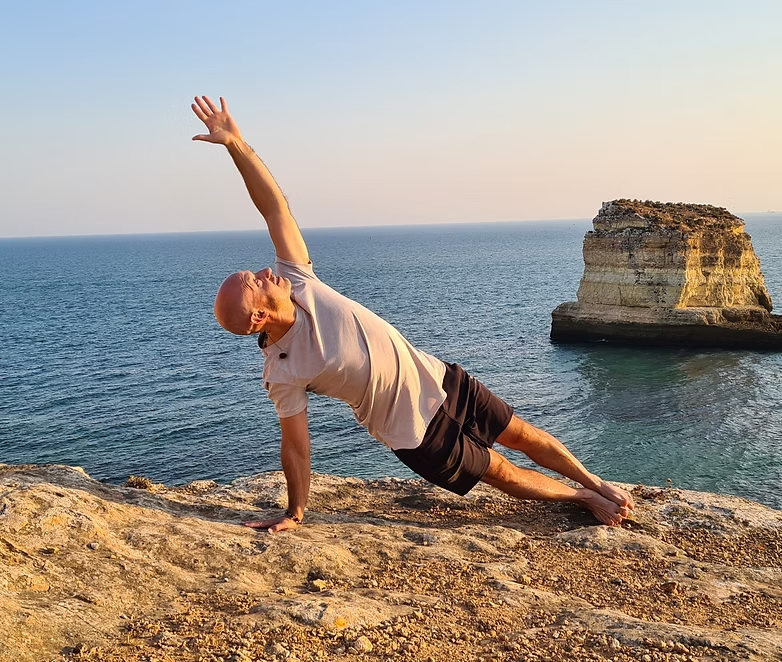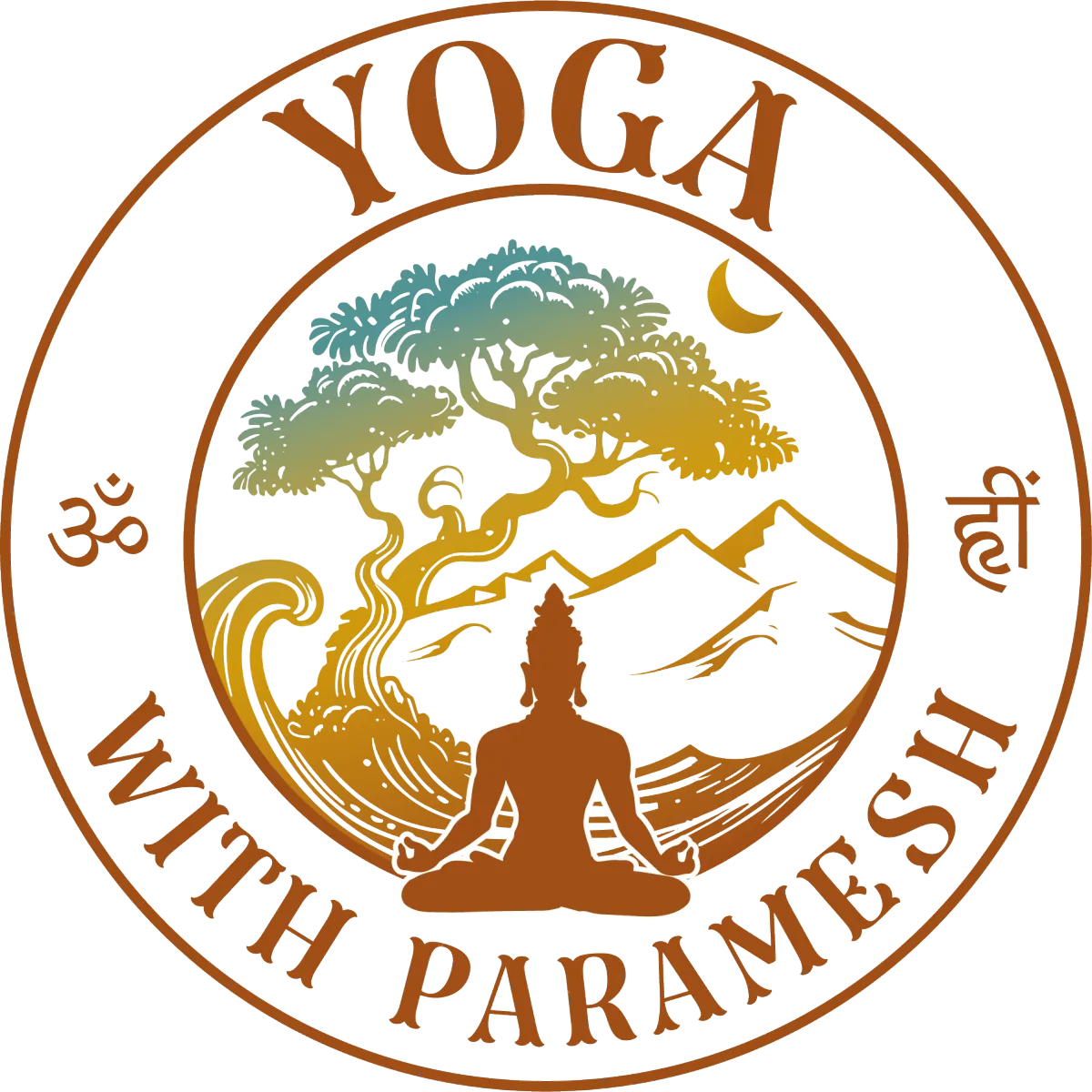About Yoga

The essence of the teachings of Yoga are that the individual soul is no different from the universal soul or God.
Thus the goal of life for the yogi is to shift their consciousness from that of limited individual consciousness to that of Universal Consciousness.

My Guru, Amma, explains Yoga thus:
“The aim of Hinduism is to bring us to the experience that all beings are part of ourselves. When our consciousness expands from limited body-consciousness to include the whole universe, and we experience our oneness with God, then we attain perfection.
Sanatana Dharma (Hinduism) teaches us the way to see God everywhere in the universe, and thus to experience that we are not separate from God. Different paths are suggested to achieve this, such as the path of selfless action (karma yoga), the path of devotion (bhakti yoga), the path of self-inquiry (jñāna yoga), and the path of meditation (rāja yoga).”
Although yoga comes from the Hindu tradition, one does not have to identify as Hindu or become Hindu to practice yoga. Yoga is both the means and the goal of all mystical spiritual traditions, which is freedom from suffering and unity with the Universal Consciousness or God. One also does not have to “believe” in God or any other religious concept to practice yoga. Even God is a concept pointing to an Ultimate Reality beyond the intellect and language that can only be experienced directly. Yoga is the way to experience that Reality directly and discover our true Selves.
